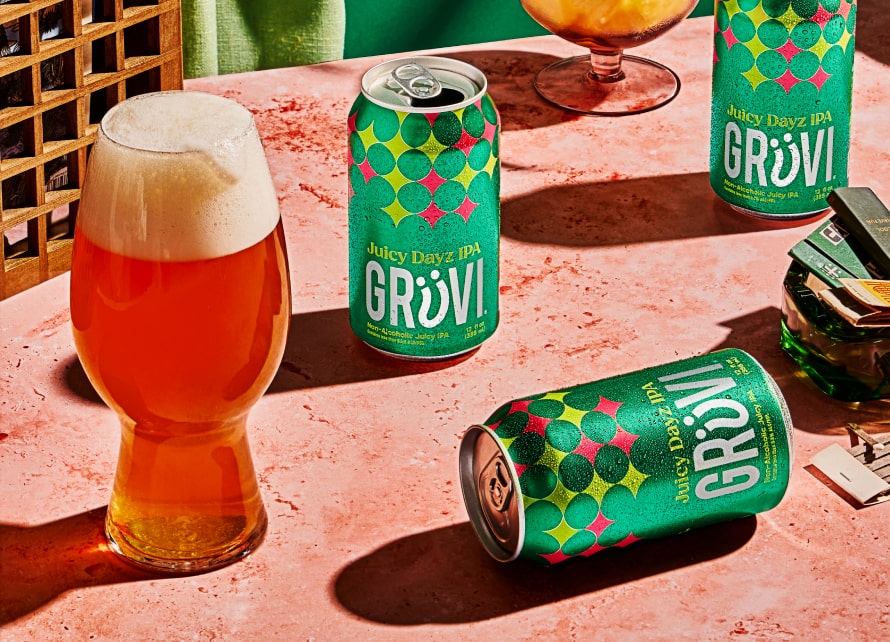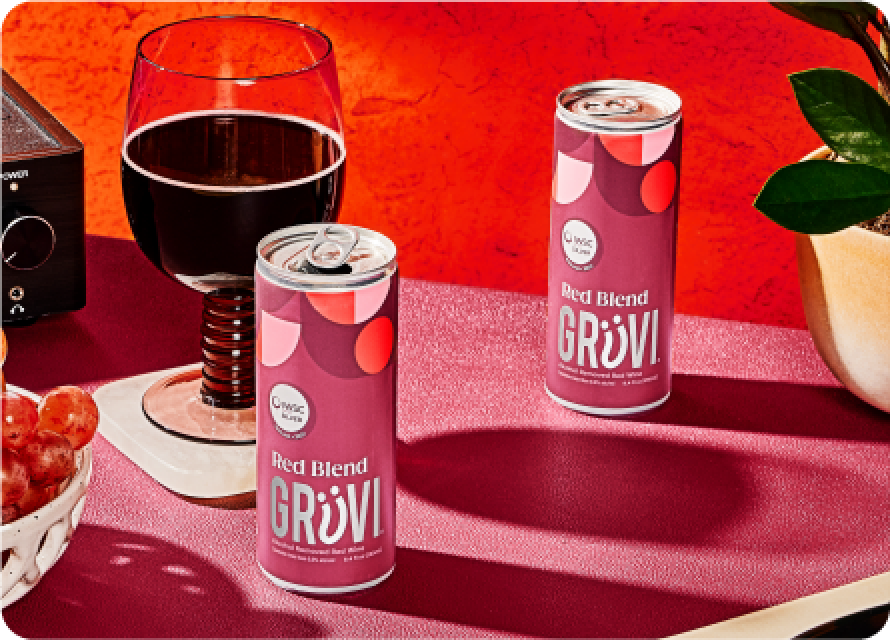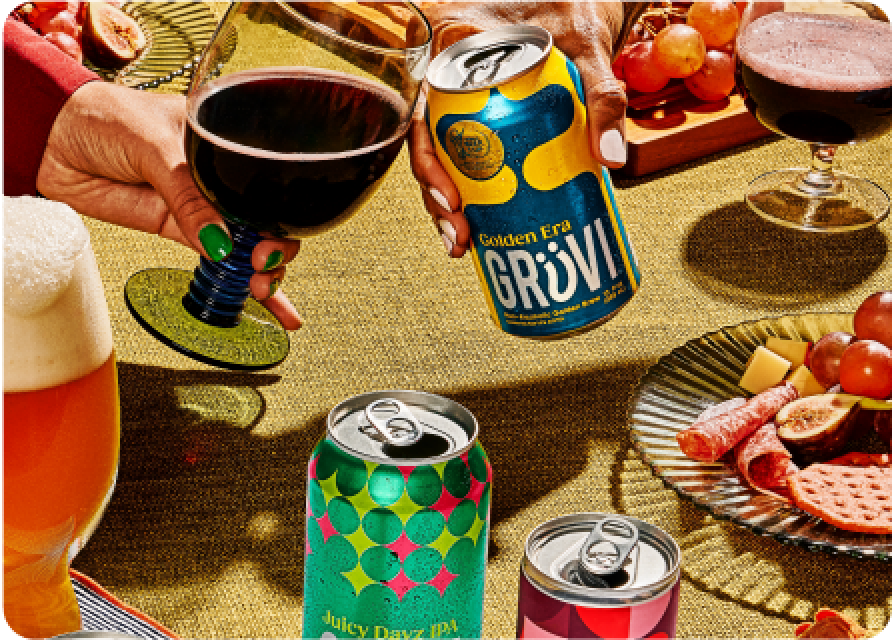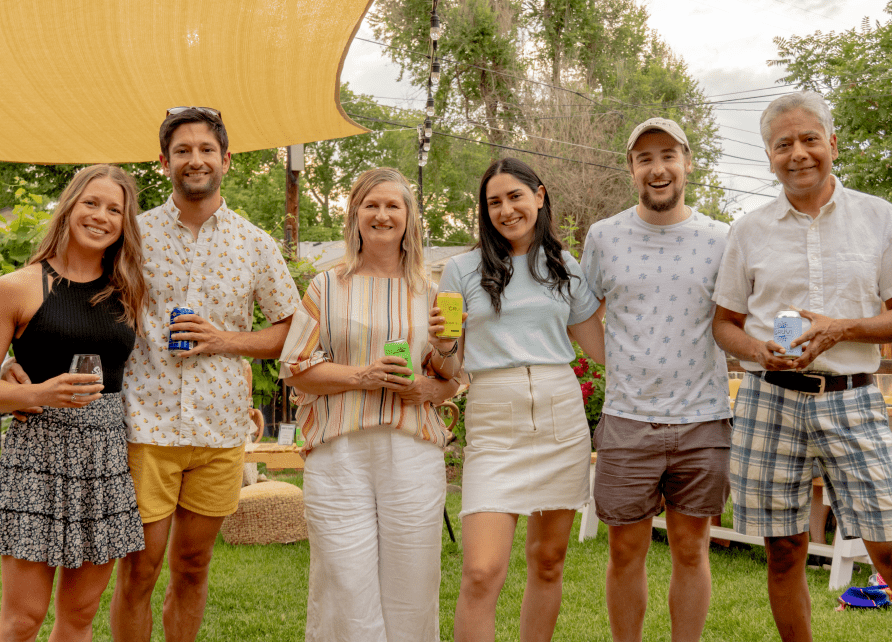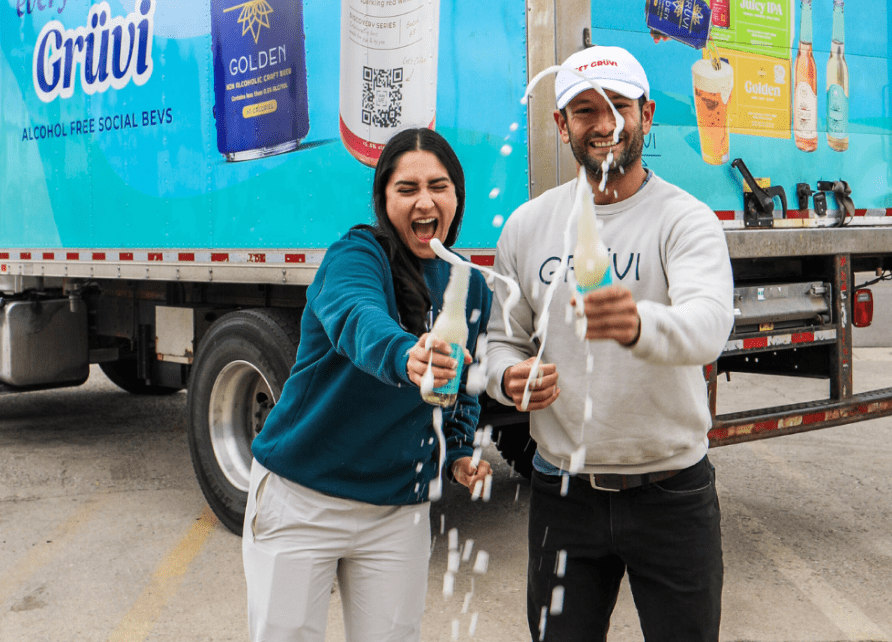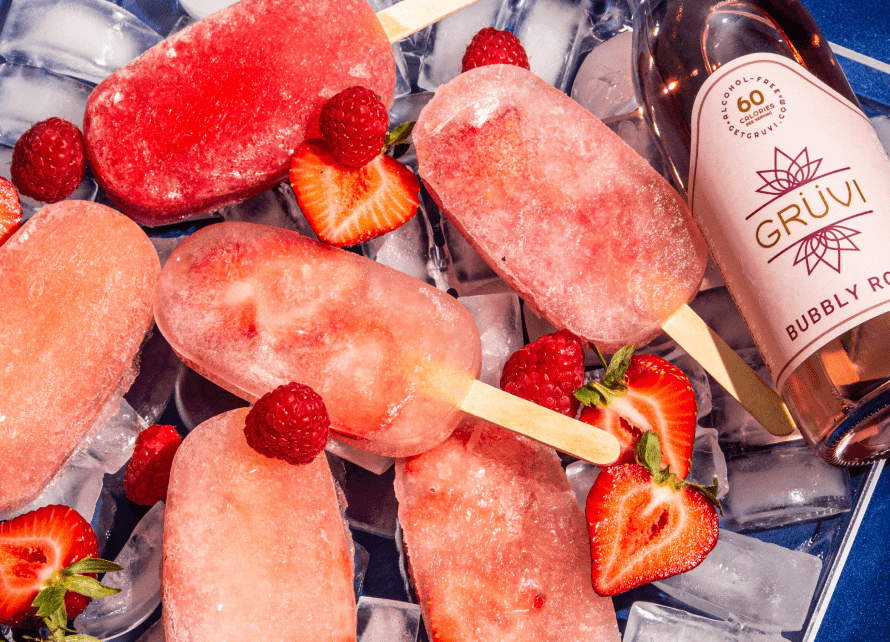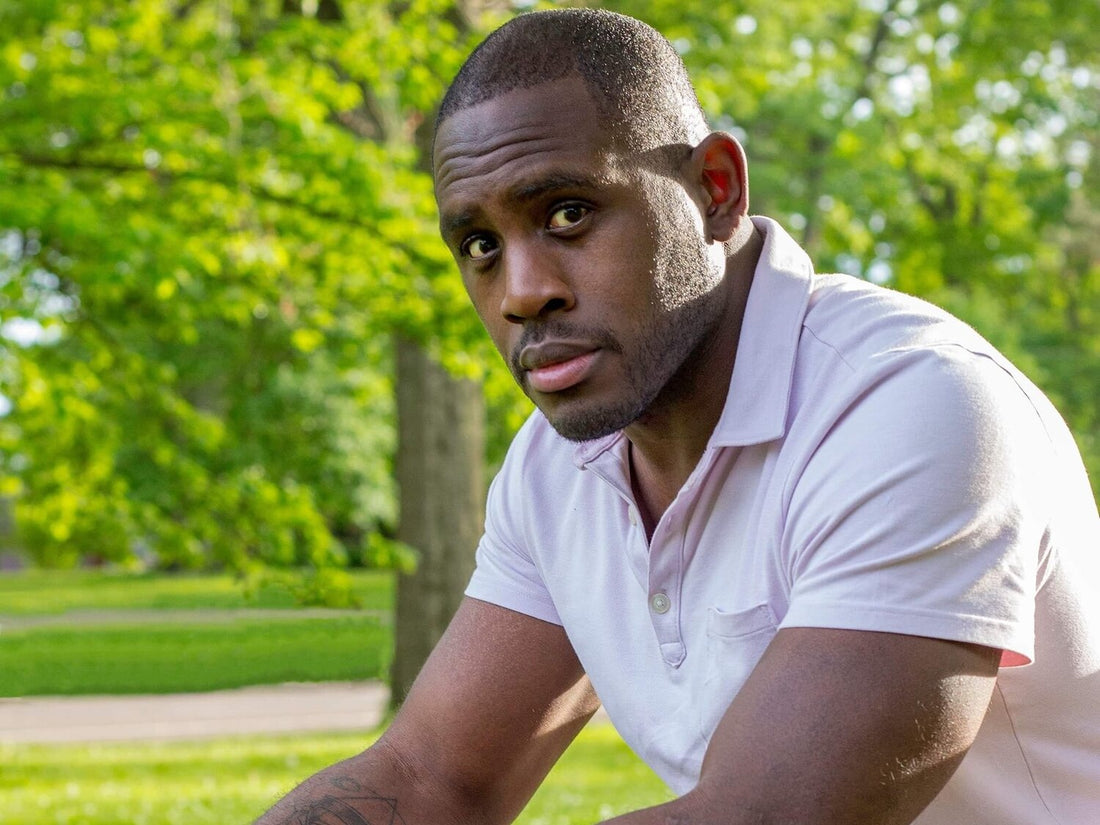
Ed Latimore on Sobriety, Social Pressure & Choosing Non Alcoholic Options
This guest piece was written by Ed Latimore- a best-selling author, former professional heavyweight boxer, and competitive chess player. He has been sober for 6 years, and currently writes about self-improvement and a practical approach to stoic philosophy. You can read more about Ed and his journey on his personal website.
When I first stopped drinking, the question I got most often asked was “Why aren’t you drinking?”
Anyone who’s ever been the only sober one at a social function has received some variation of this inquiry.
I’ve always been honest and just told people that I’m in recovery. That’s usually enough to end the conversation about my non-consumption of alcohol. It also often serves as a conversation starter. A confrontational question sparked by my failure to conform and meet societal expectations is transformed into a moment of congratulations and understanding.
Now that I’ve got a few years of sobriety under my belt, my life is designed to where I’m rarely in situations where people don’t know that I’m on the wagon. Furthermore, I’m 35 years old and no one really cares if I drink or not. On the rare occasion that someone asks, I tell them “I’m sober” and they let it go.

This doesn’t mean that the questions have completely stopped; they’ve only changed. Sometimes, when I order a non-alcoholic beer or post a picture on social media of the latest one I’m drinking, someone will ask me “What’s the point of drinking beer if you don’t get drunk?”
They don’t all say it exactly like that. One of my clients explained the confusion quite beautifully. “To me, going through the pain of tasting alcohol is the price you pay for getting to enjoy it.”
No matter how it’s phrased, the intent of the inquiry is the same: Why are you dealing with the downsides of alcohol (the taste) without getting the upside (being drunk)?
The rest of this article is geared towards three people:
- People who drink non-alcoholic drinks and want to understand why they get asked this
- People who want to understand the mentality of people who enjoy non-alcoholic drinks
- Someone who wants more information about a delicious alternative to alcohol
There may be others I haven’t thought of, but everyone can benefit from learning more about the mentality of people who still love the taste of alcohol but hate the effects of it.
“Everyone can benefit from learning more about the mentality of people who still love the taste of alcohol but hate the effects of it.”
Why Drink A Non-Alcoholic Alternative If You Quit The Real Thing?
The best way to answer this question is with another question: why do you drink alcohol? If you’re like most people, you drink to get intoxicated. The reason that alcohol is often referred to as an “acquired taste” is because when you initially taste it, it’s disgusting. This makes sense, as it’s technically a poison and humans have evolved to find poisons disgusting.
People quit drinking for one of four reasons. They either:
- Decide that they just don’t enjoy it
- Develop a medical condition that keeps them from drinking alcohol
- Become pregnant
- Realize that they can’t drink it without going to excess and getting into trouble
The final group is what we typically think of when we imagine alcoholics. These are the people who can never have just one drink and their behavior deteriorates when they do.
Alcohol is the bi-product of the fermentation of other things. Some of those things taste delicious. For example, I once found a delicious non-alcoholic gin. When I drank, one of my favorite drinks was a dirty martini. The non-alcoholic gin allowed me to enjoy the great flavor of juniper berries but without risking a return to my self-destructive behavior.

I understand that many people drink alcohol because it makes them more relaxed and better able to socialize. The problem with being an alcoholic is that we always drink past this point and we do it with compulsion. Not only is one not enough, once or twice a week isn’t enough either.
In my experience, this compulsion towards consumption affects other parts of our lives.
For example, I still will drink a whole pot of coffee or eat an entire bag of junk food in one sitting. However, this is an example of me redirecting and controlling my bad habits. Drinking two pots of coffee or eating an entire bag of popcorn won’t make me behave in a way that I regret.
Social Pressure And New Habits
What people who have never attempted something as life altering as sobriety fail to appreciate is how much of an outcast this change initially makes you feel. While everyone is at a social gathering holding a drink or over dinner sipping their wine, those who are new to sobriety don’t often feel comfortable without a drink in their hand.
The fact that people feel uncomfortable not drinking is a testament to how pervasive alcohol consumption is our society. The joke amongst recovering alcoholics is that alcohol is the only drug where people assume that you have a problem if you don’t do it.
To mitigate that awkwardness, many people use non-alcoholic drinks to help them better relax and not feel like such an outcast. These are the alcohol equivalent of a Juul pod or an e-cigarette. For people who drink non-alcoholic drink alternatives for this reason, it’s more a psychological coping mechanism than a physical one.
“The fact that people feel uncomfortable not drinking is a testament to how pervasive alcohol consumption is our society.”
Who Should Not Drink Non-Alcoholic Drinks
Everyone stops drinking for different reasons and everyone has different triggers that make them think about picking up the bottle again. Only you know what makes you want to drink. I’ve heard stories of guys who can’t drink non-alcoholic beers because the taste triggers them into wanting the real thing.

Outside of this issue, non-alcoholic beer is a wonderful alternative for people who enjoy the taste of beer but can not tolerate the effects of alcohol. It allows people who have social anxiety about their sobriety to feel comfortable if they still aren’t psychologically strong enough to deal with being the odd person out but have decided to end their relationship with alcohol.
The next time someone asks you what’s the point when you crack open a Gruvi IPA, let them know that you get all the benefits of a delicious tasting alcoholic beverage but without the personality altering effects.
Either they’ll get it or they won’t. No matter what, you’ll have a deliciously fun time in your newly sober life.
“No matter what, you’ll have a deliciously fun time in your newly sober life. ”
